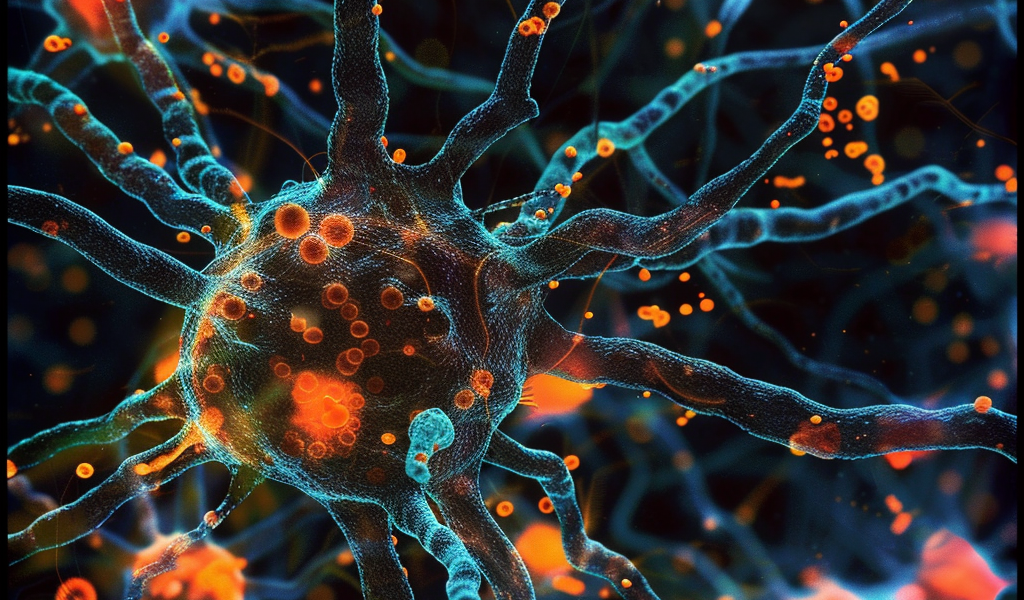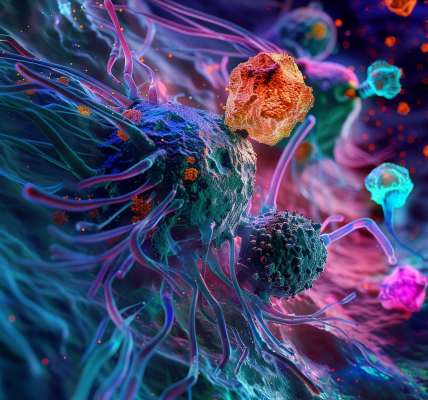Microglia, the central nervous system’s immune cells, are playing a crucial role in aiding the brain’s recovery from anesthesia, according to a recent study published in Nature Neuroscience by the Mayo Clinic. This discovery sheds light on the dynamic function of microglia in maintaining brain health and offers potential for innovative treatments for anesthesia-related complications.
Researchers have found that microglia engage with neurons and inhibitory synapses to mitigate the aftereffects of anesthesia, enhancing neuronal activity for brain awakening. This interaction directly counteracts the sedation effects, providing new insights into managing post-anesthesia delirium and hyperactivity.
Post-anesthesia complications, such as delirium and hyperactivity experienced by more than one-third of patients, could potentially be addressed by understanding the function of microglia. The study reveals that these special immune cells in the brain act as a shield for neurons, aiding in the awakening process.
Dr. Long-Jun Wu, a senior author of the study and a neuroscientist at Mayo Clinic, commented on the findings, stating, ‘This is the first time we’ve seen microglia enhance and boost neuronal activity by physically engaging the brain circuits.’ The researchers observed microglia wedging between neurons and inhibitory synapses, actively suppressing neural activity under anesthesia, indicating their role in countering sedation.
Recent technological advancements in brain cell imaging have enabled scientists to study the movement and interactions of microglia in real-time, providing valuable insights into their importance in brain health and function. The active surveillance of these cells within the brain has been revealed, highlighting their protective functions during states of reduced neural activity.
The study’s findings could lead to the development of innovative methods to address post-anesthesia complications and improve patient outcomes. Understanding the pivotal role of microglia in aiding the brain’s awakening process post-anesthesia opens new possibilities for managing and mitigating the adverse effects of sedation.





